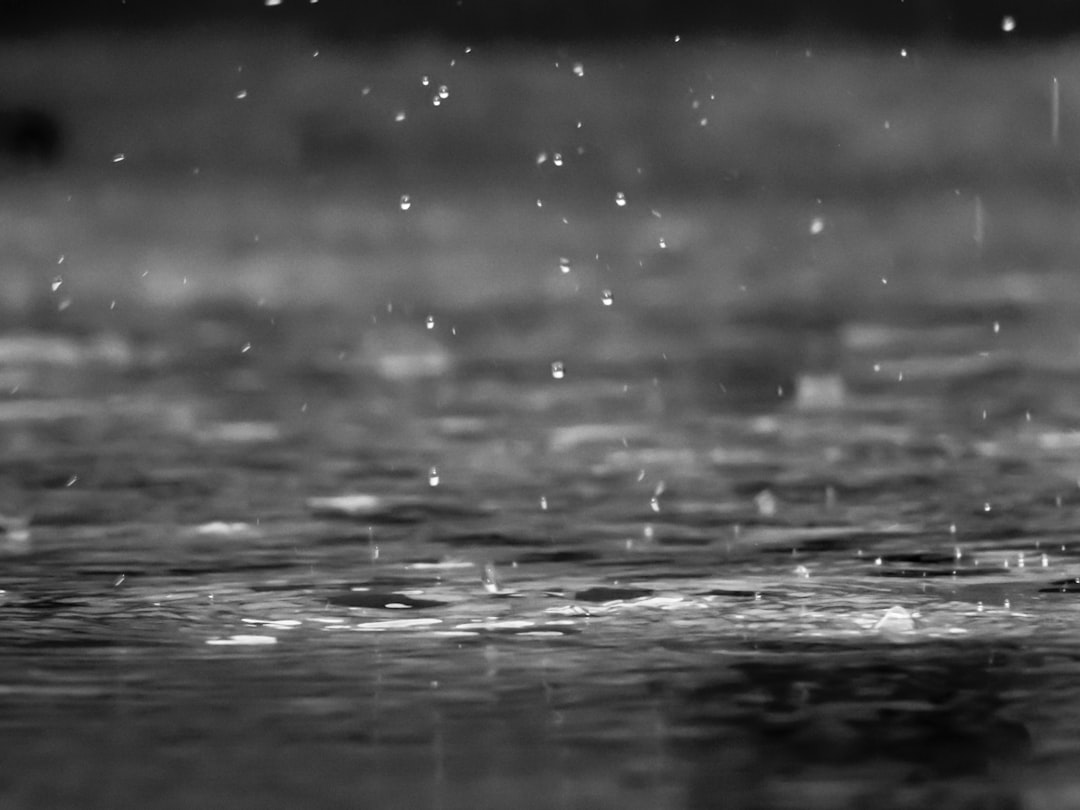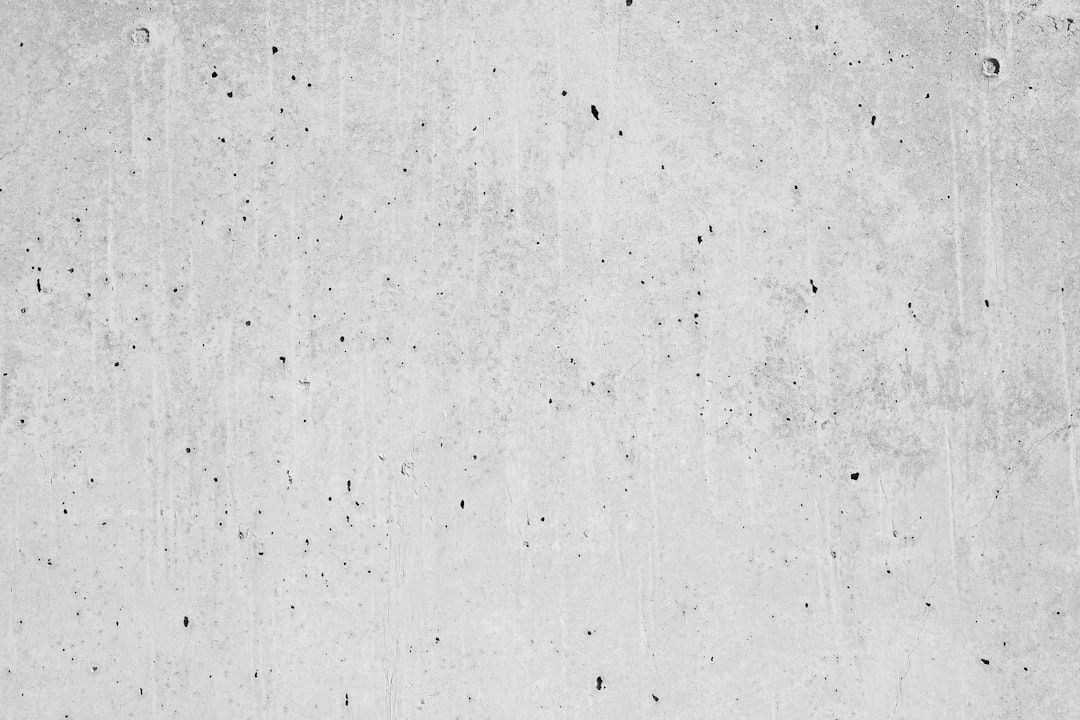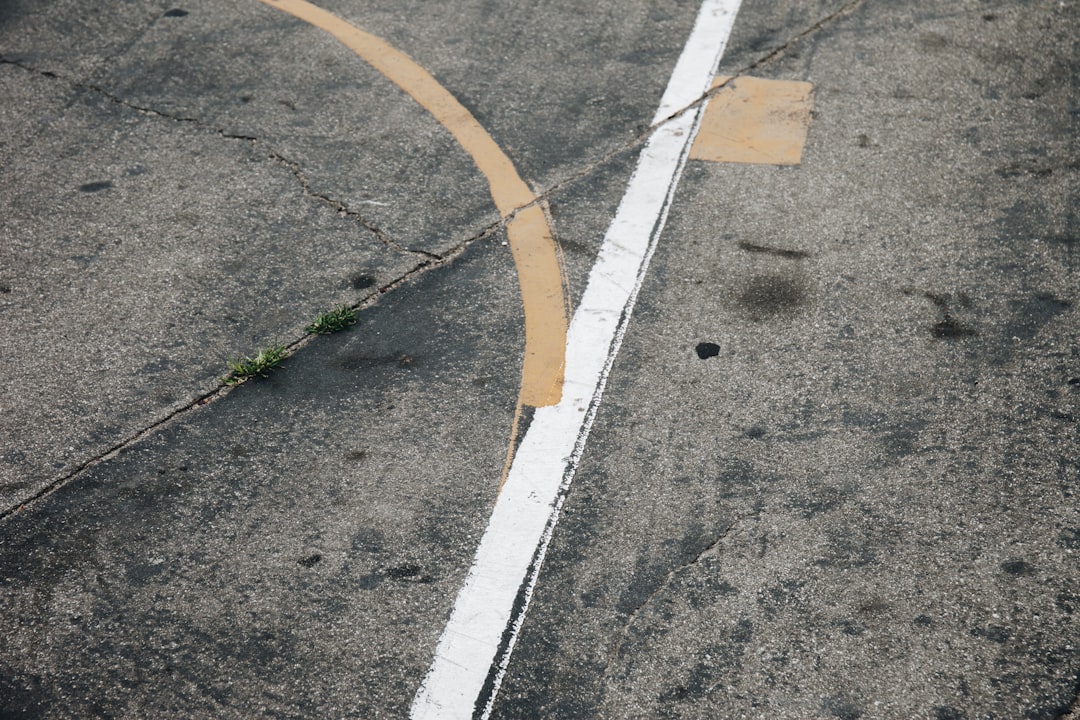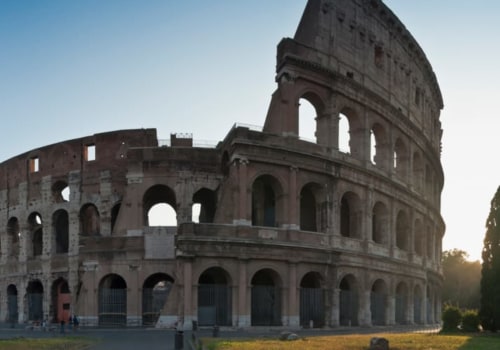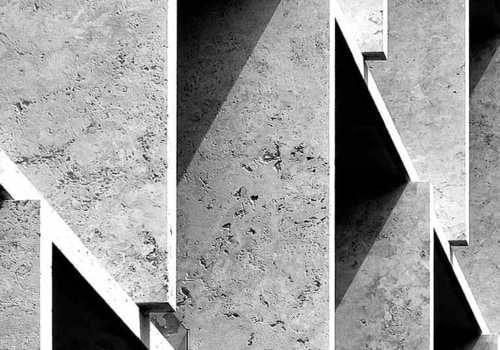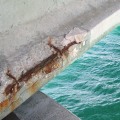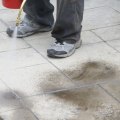Concrete is a popular building material for good reason: it's strong, durable, and can be used in a variety of applications. But what happens when it rains on fresh concrete?
How Does Rain Affect Concrete?
Rain that falls on newly laid concrete can damage the surface and compromise a level, floating finish. Worse, if too much additional water is introduced into the concrete mix, this can result in weak concrete overall. Water is a key component of all concrete, it mixes with cement and causes it to hydrate and gain strength. But after laying freshly mixed concrete, water in the form of torrential rain can do much more harm than good.
Pouring concrete in the rain can compromise its strength, which increases the tendency to develop dust and scale. The good news is that it looks like you had enough water during the initial period after the concrete was placed so you don't have to worry about the surface drying out. The bad news is that the concrete surface should not have been allowed to dry for a week or more, a time also known as the curing period. Unpredictable summer thunderstorms can wreak havoc on a concrete pour.
Rainwater can cause a new concrete surface to soften, which in turn decreases the abrasion resistance and strength of concrete while increasing the tendency to develop dust and cracking. The Key to Avoiding Damage to the Concrete Surface by a Storm Is Proper Preparedness and Timing. Before a storm strikes, a protective enclosure can be built around the job site with sheets of wood and plastic. If you are caught without protection, once it starts to rain, it is better to wait, let the rain pass and pull or push the surface water off the edge of the slab before you finish finishing.
Contractors should never introduce rainwater onto the newly laid surface or spread dry cement over the wet surface in an attempt to absorb the water. You can hire reliable concrete contractors like Slabtec in Australia if you want the job done well.
If your slab has had 2 to 4 hours to harden before it starts to rain, there should be little or no effect on the concrete surface, but it is important to leave rainwater on the surface and not try to get it into the concrete. On the other hand, if you had a sudden storm or heavy rain and you had nothing to cover it, let the rain pass and push or pull out the surface water and continue smoothing or finishing the concrete slab. Rain that falls on newly placed concrete can damage the surface and compromise the level and floating finish of the concrete.
Even worse, if too much rainwater leaks into the concrete mix, this can result in weak concrete overall. Therefore, ensuring that you are ready to mix the concrete, is covered properly during the pouring process and afterwards is essential if you want to avoid permanent damage due to rainwater. If it was not covered before the rain started, if the concrete had not hardened, and if there was enough rain falling hard enough, rain may have removed some of the cement from the concrete. Rain in fresh concrete is the most common problem that arises while Even worse, if too much rainwater leaks into the concrete mix, this can result in weak concrete overall. Therefore, ensuring that you are ready to mix the concrete, is covered properly during the pouring process and afterwards is essential if you want to avoid permanent damage due to rainwater. If it was not covered before the rain started, if the concrete had not hardened, and if there was enough rain falling hard enough, rain may have removed some of the cement from the concrete. Rain in fresh concrete is the most common problem that arises while pouring concrete in the rainy season is one of the great challenges for engineers and workers on construction sites.
If concrete is still fresh (about 2 to 4 hours after pouring), it is important to cover the surface to protect it. If rain occurs when concrete is cool (approximately 2-4 hours after mixing), the surface must be protected from rain. Pour concrete over existing damaged concrete in the same way and apply it to a smooth finish and hopefully there will be no more rain causing any damage. If there is any surface damage or dimples left by rain on the concrete surface, contractors may use a float to remove excess puddles of water and smooth out the concrete surface at the same time.
The biggest problem you may face is the effect that rain may have had on the concrete surface. Pouring concrete in the rain is not only miserable but can also lead to problems with the final strength of the surface. However, once the concrete has been finished and the time elapsed between 4 and 8 hours after pouring and it has become hard enough to walk on it without leaving a trace, then the effects of rain should be minimal. If the worst happens and the sky opens up over the concrete just taken out of the truck, it's a good bet that rain will remove some of the cement from the concrete on the surface.
What Happens When It Rains on Fresh Concrete?
If it rains on fresh concrete, the water will cause the concrete to become soft and weak. This can lead to cracks in the concrete, which can then cause water infiltration and eventual failure. If this happens in a busy area, it can cause serious traffic problems.
How Does This Affect the Structure of the Concrete?
If it rains on fresh concrete, the water will cause the concrete to swell. This will cause cracks in the concrete and it may even crumble. If this happens, the structure of the concrete may be compromised and it could eventually fall apart.
What Are the Advantages of Fresh Concrete?
There are many advantages to using fresh concrete. The concrete is strong and can last for many years if it is properly maintained. It is also environmentally friendly, as the material does not require any type of sealant or coating. Additionally, fresh concrete is easy to work with and does not require a lot of preparation time.
It is important that you check the weather forecast before placing fresh concrete so that you do not fall short without the necessary equipment and are prepared to take precautions. The most common problem you may face is the effect that rain may have had on the concrete surface. The fact that it starts to rain during or shortly after a concrete pour does not necessarily mean that your project is doomed to failure.
Rainfall has a minimal impact on fresh concrete, which has several advantages over older concrete structures.
